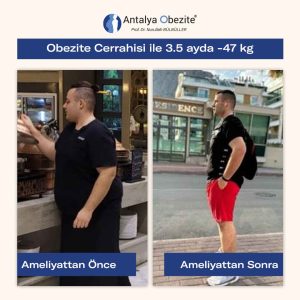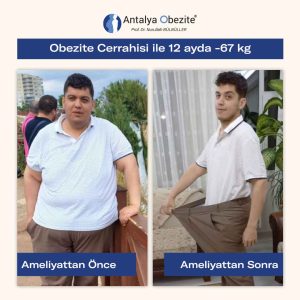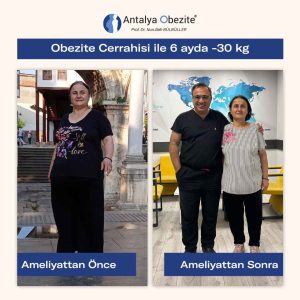Gastric Bypass (Roux-en-Y)
Roux-en-Y Gastric Bypass: Common Questions and Answers
Obesity is an increasingly significant health issue worldwide. The Roux-en-Y Gastric Bypass is a popular and effective weight loss surgery for individuals struggling with excessive weight. This article aims to answer the most frequently asked questions about this procedure.
What is Roux-en-Y Gastric Bypass?
The Roux-en-Y Gastric Bypass is a surgical procedure that alters the function by reducing the stomach size and bypassing a portion of the small intestine. This process aids in weight loss by both limiting the capacity of the stomach and restricting the absorption of nutrients.
Who is Suitable for This Surgery?
This surgery is typically recommended for patients with a Body Mass Index (BMI) over 40 or those with severe health issues and a BMI between 35-39.9.
You are one step away from your health!
Free Consultation
By contacting us, you can ask our expert support team to answer all the questions you have in mind.
Pre-interview is free of charge.


How is the Surgery Performed?
The operation is usually conducted using laparoscopic methods, meaning smaller incisions and a quicker recovery process. During the surgery, the stomach is made smaller, and a part of the small intestine is rearranged.
What are the Risks and Complications?
Like any surgical procedure, this operation has its risks. These include infection, bleeding, nutritional deficiencies, and post-operative complications.
What is the Recovery Process Like?
Patients are typically discharged a few days after the operation. The recovery time varies from person to person but generally involves a gradual return to normal activities and adherence to a specific diet.
What Results Can Be Expected?
Significant weight loss is often observed within the first year after surgery. It’s crucial for patients to commit to a healthy lifestyle, including diet and exercise, to maintain these results.
Diet and Nutrition Post-Surgery
Patients will need to follow a strict diet post-surgery to adapt to their smaller stomachs. This includes consuming smaller portions and focusing on nutrient-rich foods.
How Does This Surgery Affect Overall Health?
Many patients experience improvements in obesity-related conditions like diabetes, hypertension, and sleep apnea following the surgery. Weight loss can lead to enhanced mobility, increased energy levels, and an overall improvement in quality of life.
Conclusion
Roux-en-Y Gastric Bypass is a significant step for those struggling with obesity. With its potential for substantial weight loss and health improvements, it offers a new lease on life for many. However, it requires a lifelong commitment to a healthy lifestyle.
Roux-en-Y Gastric Bypass is a type of weight loss surgery that reduces the size of the stomach and bypasses a portion of the small intestine. This alteration limits food intake and nutrient absorption, aiding in significant weight loss.
This surgery is typically recommended for individuals with a Body Mass Index (BMI) over 40, or those with a BMI between 35-39.9 who also have serious obesity-related health conditions.
The surgery is usually conducted laparoscopically, involving small incisions. It involves creating a small pouch from the stomach and connecting it directly to the small intestine, bypassing a large part of the stomach and a portion of the intestine.
As with any major surgery, risks include infection, bleeding, and complications from anesthesia. Long-term risks may include nutritional deficiencies, intestinal obstruction, and hernias.
Recovery varies, but patients are often discharged a few days post-surgery. Initial weeks require a liquid diet, gradually transitioning to solid foods. Full recovery and return to normal activities can take several weeks.
Weight loss varies, but patients typically lose 60-70% of their excess weight within the first year. Long-term weight loss depends on adherence to dietary guidelines and lifestyle changes.
Yes, post-surgery diet is crucial. It starts with a liquid diet, progresses to pureed foods, and then to solid foods. Portion control and a focus on high-protein, low-carb, and low-sugar foods are essential.
Many patients experience significant improvements in conditions like type 2 diabetes, high blood pressure, and sleep apnea after surgery. However, it’s important to continue with medical treatment and lifestyle changes.
The surgery provides a tool for weight loss, but long-term success depends on maintaining a healthy lifestyle, including diet and exercise. Some patients may experience weight regain if they do not adhere to lifestyle changes.
Apart from weight loss, patients often see improvements in mobility, self-esteem, and overall quality of life. Ongoing nutritional guidance and psychological support are crucial for adapting to these life changes.
You are one step away from your health!
Free Consultation
By contacting us, you can ask our expert support team to answer all the questions you have in mind.
Pre-interview is free of charge.
Antalya Obesity Team
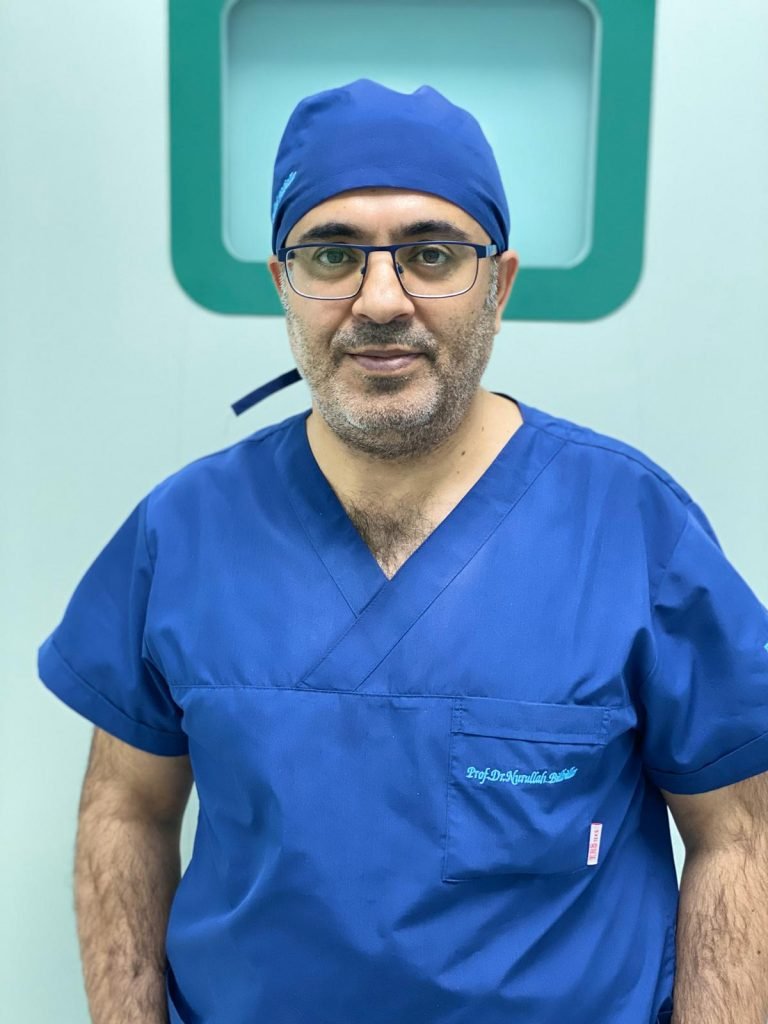
Prof.Dr. Nurullah Bülbüller
Obesity & Metabolic Surgery
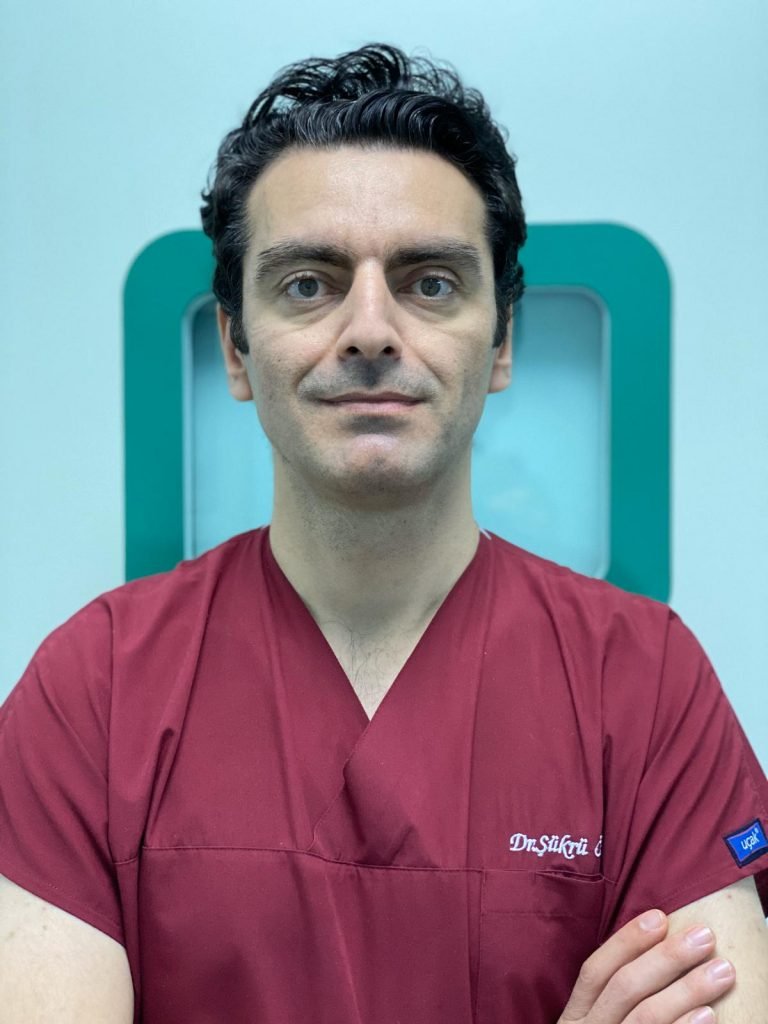
Op.Dr. Şükrü Özdemir
Obesity & Metabolic Surgery
Contact Now - Antalya Obesity
Our team will be in touch within 24 hours.
Address
Güzeloba, Havaalanı Bulvarı, 2246. Sk. No:9, 07230 Muratpaşa/Antalya
WhatsApp Contact
+90 533 405 25 07
Email Us
info@antalyaobezite.com









